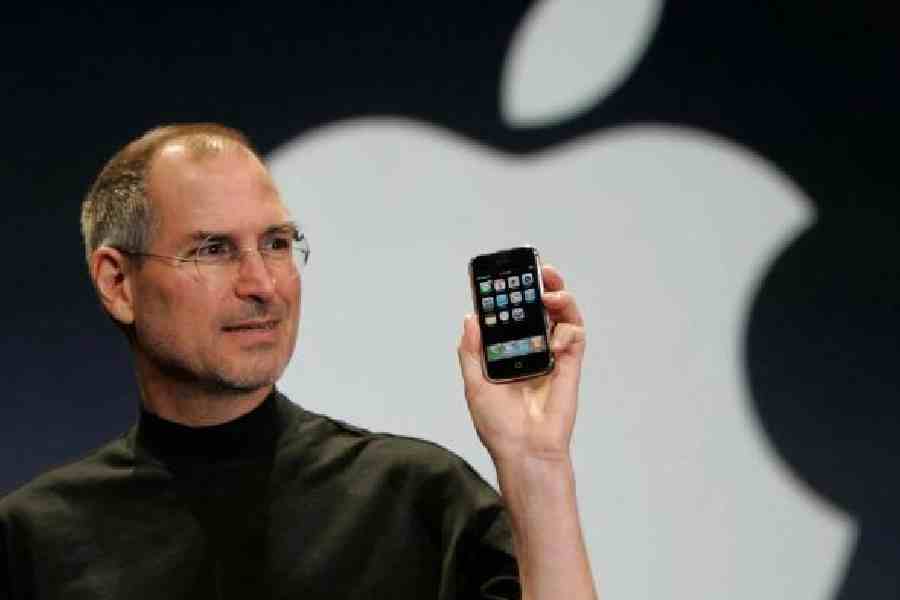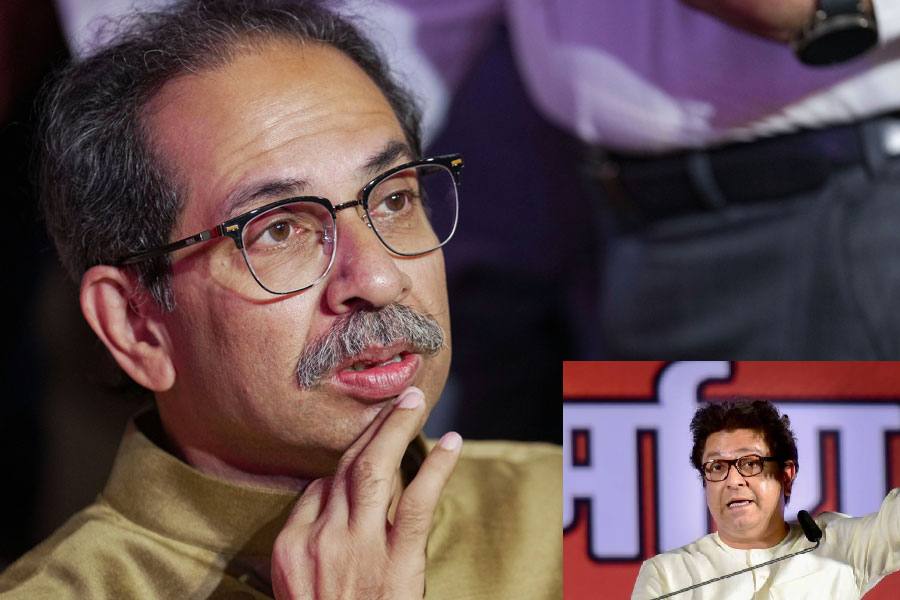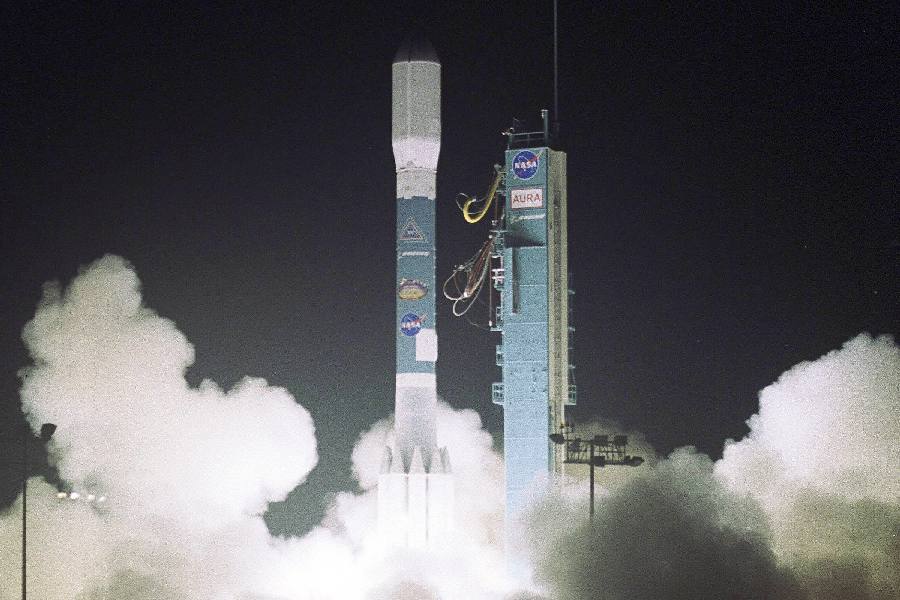The tech world changed in 2007. The iPhone arrived to change the way we browse the Internet while Facebook and Twitter (now X) were becoming popular. Closer home, Flipkart and Myntra were redefining the way we shop. It was also the year when IBM was beginning its work on its artificial intelligence system Watson. That same year Android arrived.
A new era
In the era of Nokia and BlackBerry, the late Steve Jobs had the guts to introduce something called the iPhone. A phone without a physical keyboard? The then-Microsoft CEO Ballmer was asked what he thought of the device during a press conference and it remains a lesson for those turning a blind eye to new technology. He said with the weirdest laugh recorded in tech history: “It doesn’t appeal to business customers because it doesn’t have a keyboard. Which makes it not a very good email machine.”
In January 2007, Jobs was brave enough to unveil the iPhone. At that time, the iPhone was more like a prototype that barely worked. He had six months to perfect it. And he succeeded. Things started to shift in favour of Apple in 2008 when it launched the App Store and it helped spur a new wave of modern tech companies like Uber and put Apple ahead of its competitors.
A new page
An electronic book? Words are not cheap, critics quickly pointed out but 2007 was a watershed moment in the publishing industry as Amazon founder Jeff Bezos introduced the Kindle. The idea was to get any book ever printed in about a minute.
The idea found appeal when some book enthusiasts were spotted reading their favourite books in the subway and at cafes. If it’s fashionable in New York or San Francisco, it has a chance of making it big globally. The Kindle craze caught on and changed the way we read books. The first Kindle was a thin, 10-ounce slab of white plastic that could fetch 90,000 books in 2007, including 101 of the 112 listed as New York Times bestsellers.
Today, despite having all kinds of tablets around, many swear by the Kindle when it comes to reading books. Why? It allows you to read undistracted and doesn’t take you down the social media rabbit hole.
A new shopping address
In 2007, two 20-something IIT Delhi graduates left their jobs at Amazon to become entrepreneurs. Sachin Bansal and Binny Bansal (not related) started Flipkart to sell books online with cash-on-delivery facility. India has always been open to the COD system because we feel the product must first arrive before payment gets made.
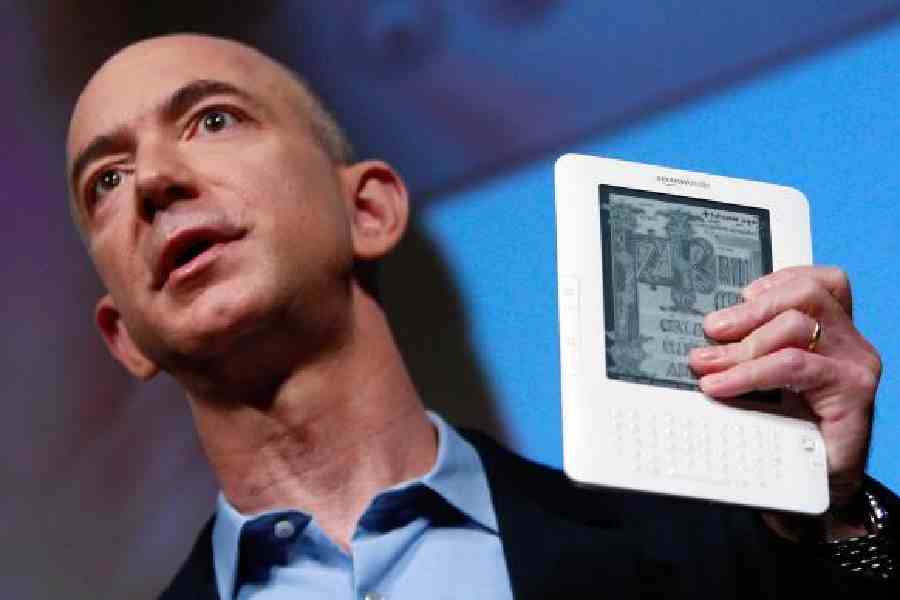
Amazon founder Jeff Bezos holding a Kindle
Sachin hails from a business family. His father was a banker and mother, a public servant. And they had the foresight to build something unique. It started as a Rs 4 lakh business and it was eventually acquired by Walmart in 2018 for $16 billion.
“When we started Flipkart, we were really focusing on books, just one category, and focusing on getting the customer experience right for our books,” Binny Bansal has said. This was when other businesses were trying their luck at e-commerce by trying to have several verticals. Having one category allowed Flipkart to focus on the customer delivery aspect.
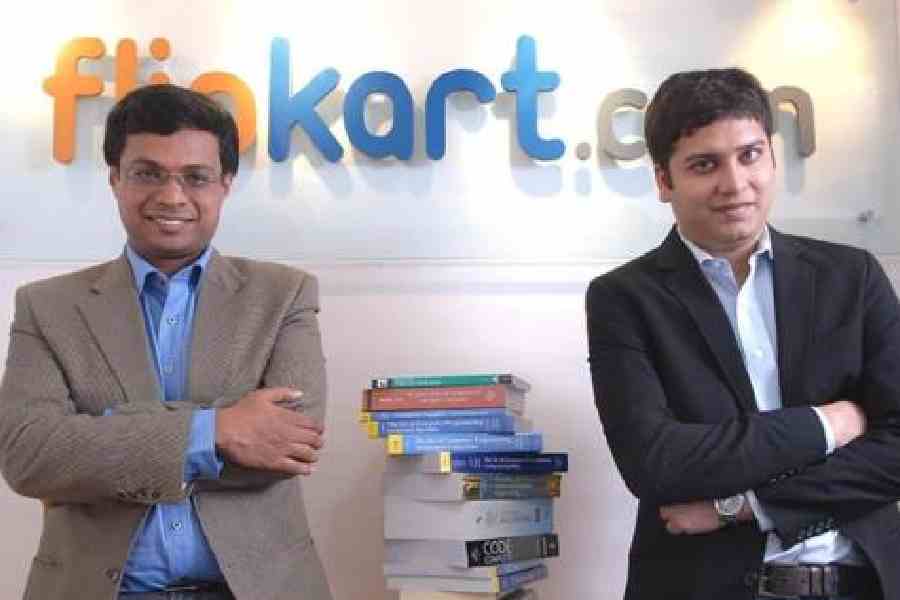
Flipkart founders Sachin Bansal (left) and Binny Bansal
A new day for the fashion industry
Myntra was founded in 2007 by Mukesh Bansal, Ashutosh Lawania, and Vineet Saxena but it wasn’t about fashion; this was an online personalised gift retailer. Bansal soon realised that fashion and lifestyle products were where the money was and the team gradually transitioned to focus on those segments.
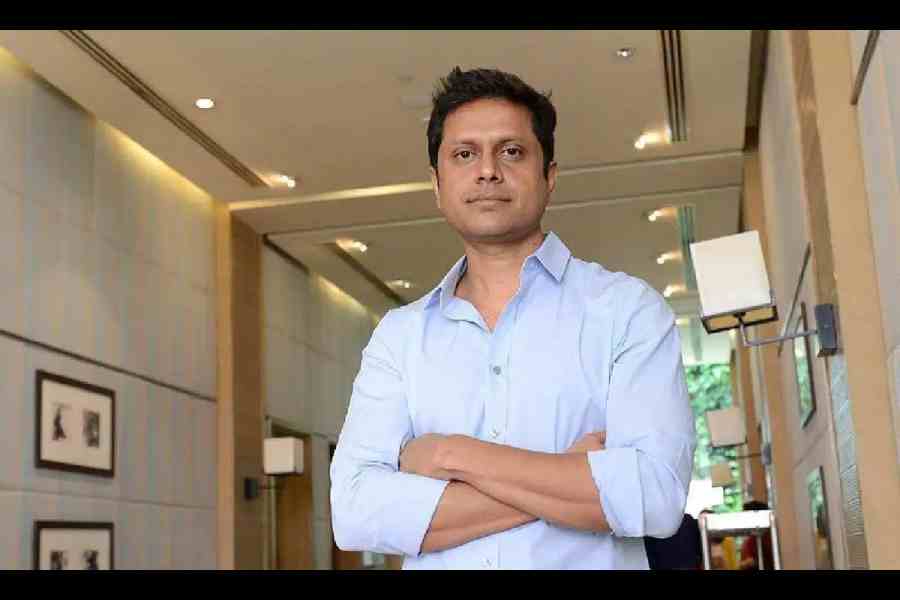
Mukesh Bansal, co-founder of Myntra
Bansal made a brave move when he quit his job in the US to return to India. “I wanted to create everything personalised. So apart from the online space I was also exploring options in the offline market. I used to visit malls every Wednesday and Thursday,” he said.
But clothes? The ‘big’ idea for Myntra appeared when he was going around an empty mall in Pune. He saw shops full of clothes, footwear and accessories but not many customers. Shopkeepers were sitting on a large inventory.
Such was the success of Myntra that youngsters felt if they were not shopping from this online destination, they didn’t have the most fashionable stuff. Myntra scaled up and ultimately got acquired by Flipkart in 2014 and became one of the top online shopping brands in the country.
A new destination
It was 2007 when two hosts welcomed three guests to their San Francisco home. Airbnb was born.
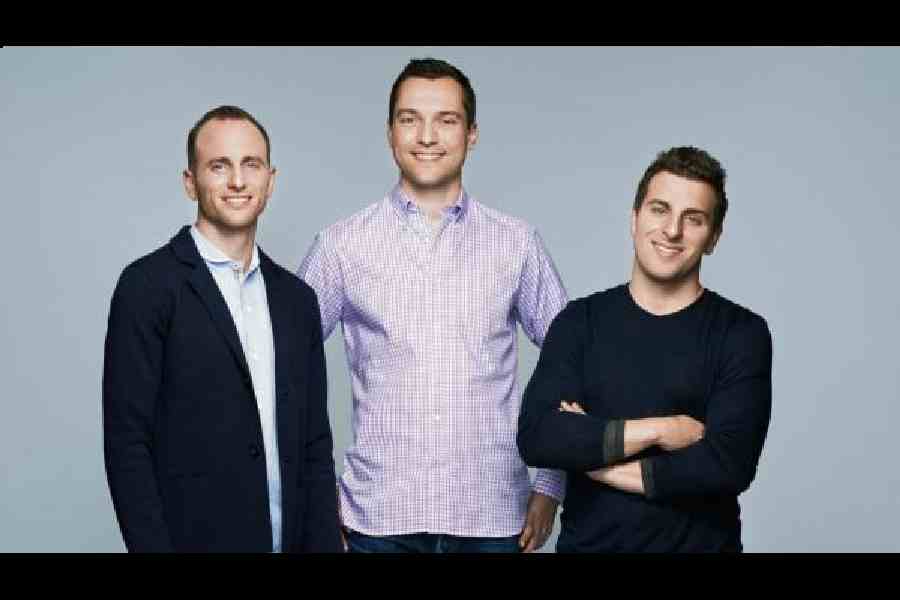
Airbnb founders Joe Gebbia, Nathan Blecharczyk, and Brian Chesky
In 2007, Brian Chesky and Joe Gebbia were looking to raise money to make their rent in San Francisco. So they rented out air mattresses ($80 a piece) in their apartment to attendees of a conference because all the hotels were booked. They called their service “Air Bed and Breakfast”. The experiment proved successful. Soon, the third co-founder Nathan Blecharczyk was on board. It was only in 2008 that things started rolling during SXSW (South by Southwest).

